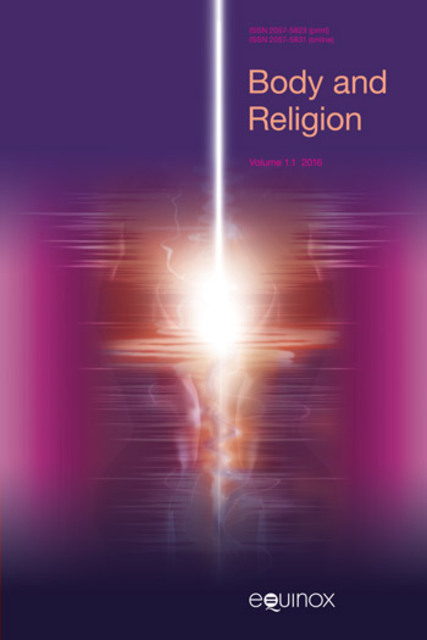Corpus fractum: Georges Bataille and sacramental theology

Full description
Recent work on political theology – most notably that of J. Kameron Carter – has turned to eucharistic theology and its notion of the ‘corpus mysticum’ to explain the political theology undergirding nationalism, white supremacy, and fascism. This article builds on this approach to articulate an anti-fascist sacramental theology through a reading of Georges Bataille’s Summa Atheologica. Against fascism’s fantasy of a pure and purifying sovereign body that can secure the redemption of the threatened body of the nation, Bataille’s Summa risked a ‘new theology’ of the irremediably lacerated body of Christ which might ground a non-sovereign community of fragmentation, dispossession, and vulnerability. By rethinking the Summa’s relationship to one of its main influences – the eucharistic theology of St Angela of Foligno – I argue that it is possible to rethink sacramental theology in a Bataillean key, against political theology and its eucharistic structure.
- typeImage
- created on
- file formatjpeg
- file size27 KB
- container titleBody and Religion
- creatorMac Loftin
- issnISSN 2057-5831 (Online)
- issue4.1
- publisherEquinox Publishing Ltd.
- publisher placeSheffield, United Kingdom
- doi
We use cookies to analyze our traffic. Please decide if you are willing to accept cookies from our website. You can change this setting anytime in Privacy Settings.
